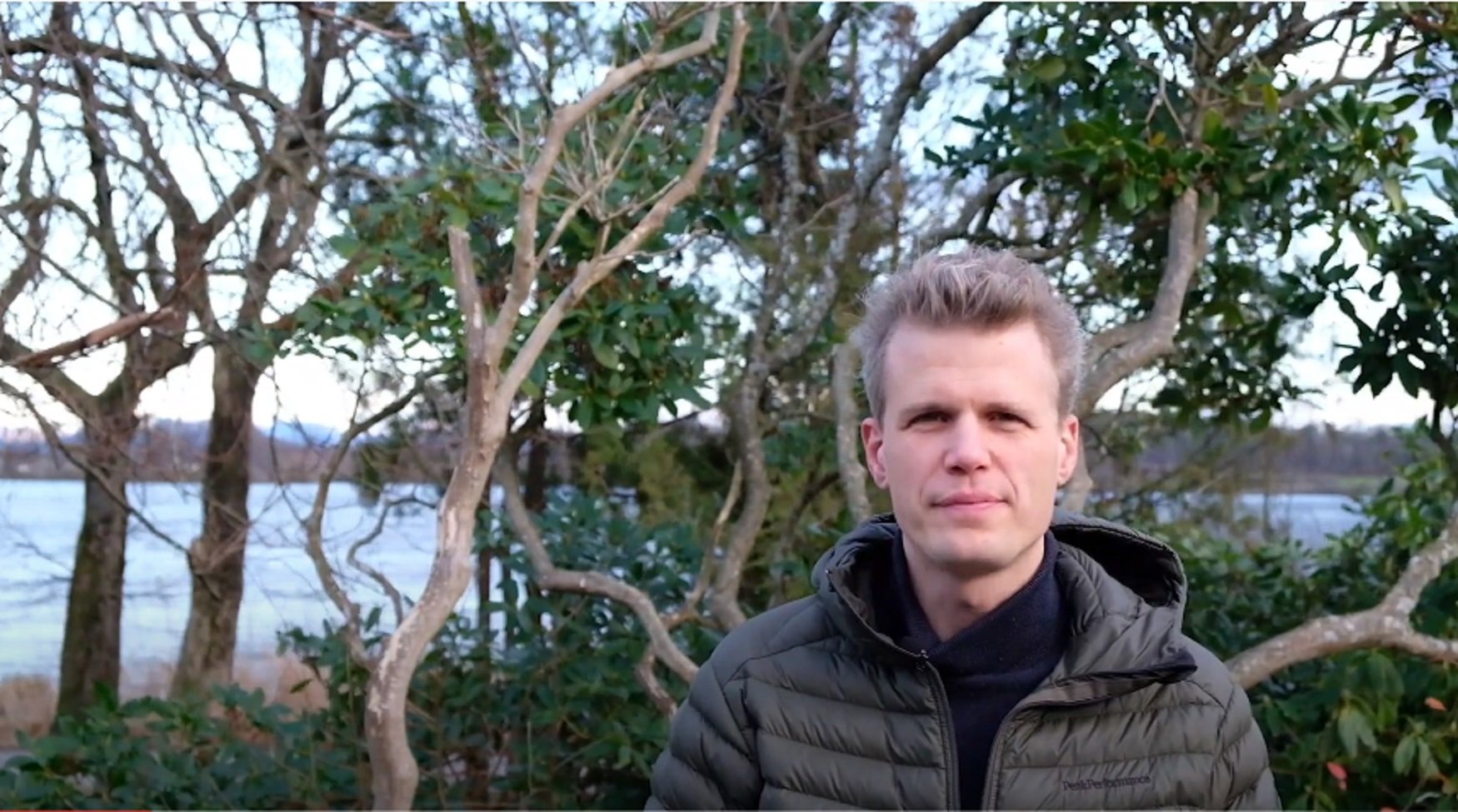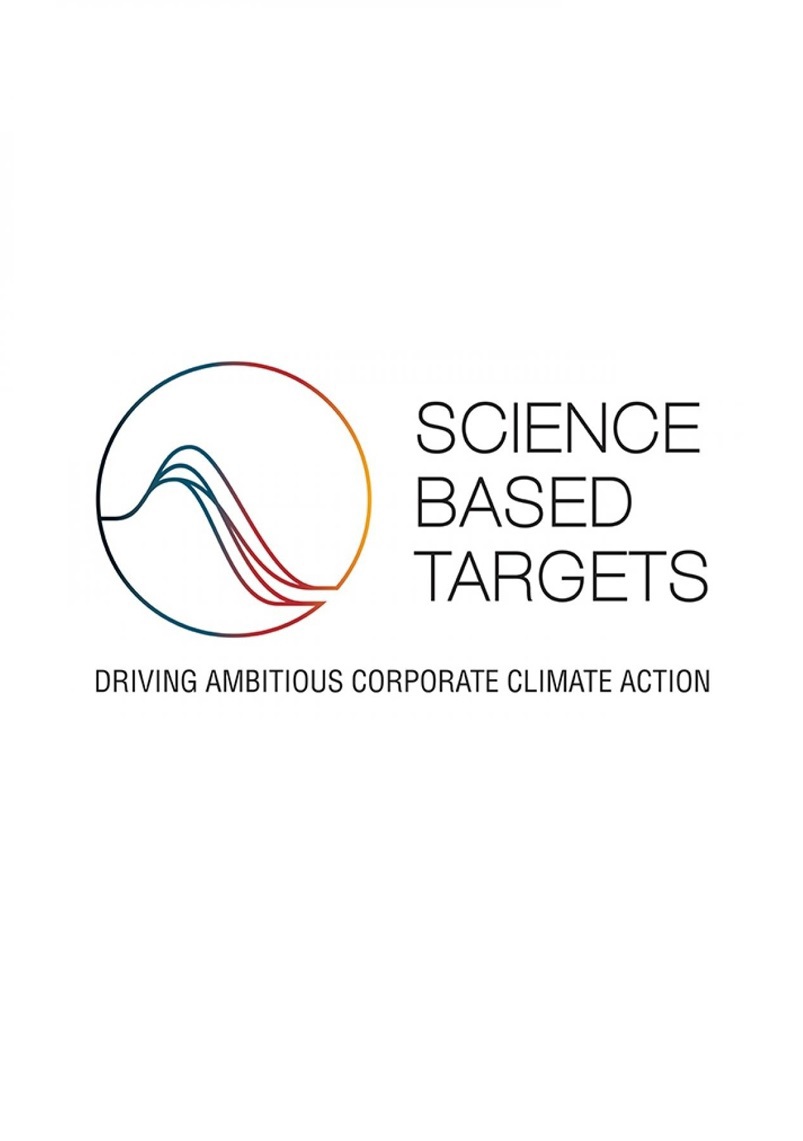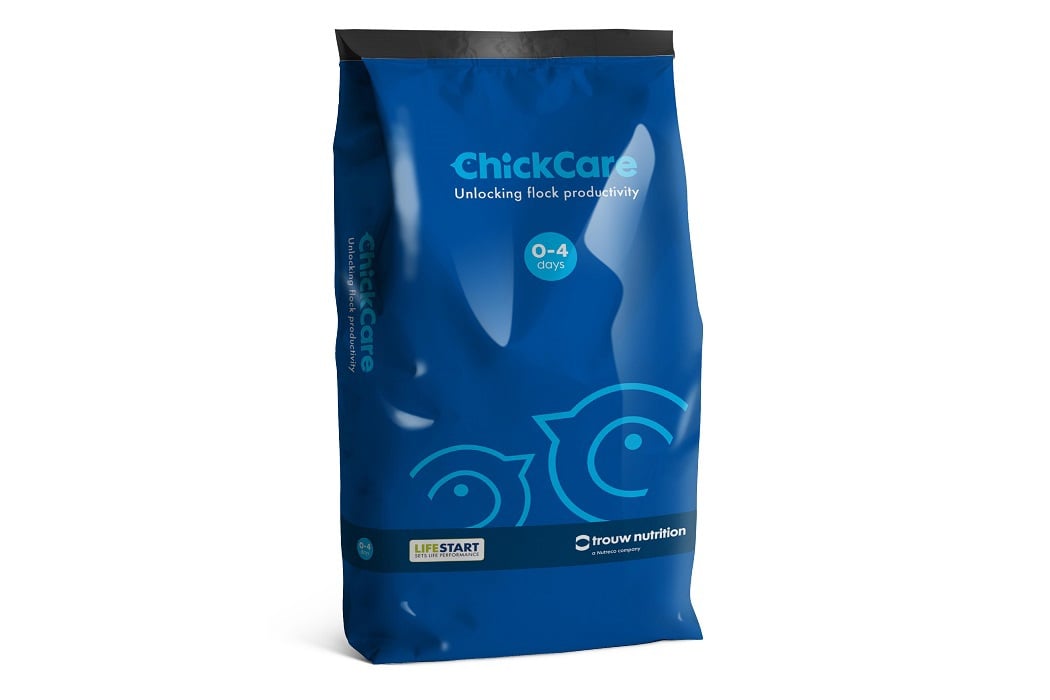Packaging
The packaging that helps protect and market our products has environmental impacts along the chain that stretches from the extraction of raw materials, through to product manufacturing, suppliers, retailers, consumers and beyond.
Our customers expect the products they purchase to be in perfect condition when they receive them. It is important to us that we ensure the packaging we use to protect products can easily be responsibly disposed of. We work to balance our use of packaging with the lowest possible environmental impact both in its production and disposal, with our need to deliver quality products and present our brands well.
Nutreco is committed to following best practices in packaging, by aligning its design and development with local waste processing capabilities while still providing product safety and shelf stability. We always aim to minimise any product or packaging waste to the environment.
To this end, our parent company encourages all procurement teams to engage their local customer base and waste handling associations to understand the outcome of the packaging waste produced, as well as their product packaging suppliers to explore ways of addressing plastic use, highlighting the incorporation of recyclable, reusable or compostable plastic in packaging. We will develop a Responsible Packaging Policy using this information.




